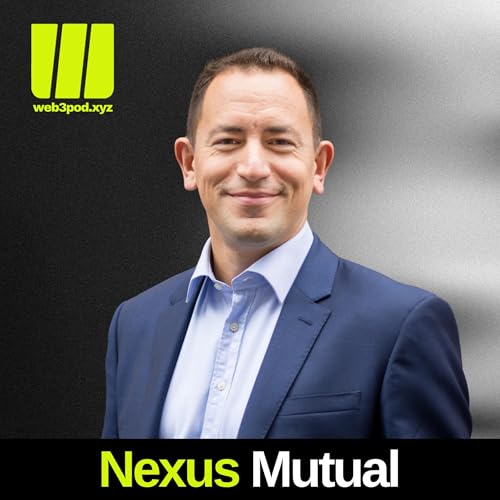I recorded this episode live at ConsenSys in Hong Kong with Sukdeep Bhogal, Founder of Veera.
We dive deep into how Veera is building a full-service Web3 neobank. Their goal is simple. Make crypto easy enough for anyone to use. Even your mom.
Sukdeep shares how they raised over $10M. How they plan to onboard the next 100 million users. And why user experience matters more than flashy infrastructure.
We talk about tokenized equities, gold and silver on-chain, credit scores in crypto, and why community beats paid marketing.
If you are building in fintech, DeFi, or thinking about banking the unbanked, this episode is for you.
Key Learnings
00:00 – Live from ConsenSys Hong Kong Why Veera is focused on banking the unbanked.
The Problem with Crypto UX Why fragmented wallets, seed phrases, and complex bridges stop adoption.
30-Second Onboarding How Veera simplifies account setup using passkeys.
Lessons from Web2 Neobanks What projects like Revolut and Nubank got right about user experience.
Tokenized Equities & Accessibility How anyone globally could buy fractional US equities on-chain.
The Four Pillars of Veera Spend. Earn. Invest. Borrow.
Multi-Chain Yield Vaults 40+ yield aggregators across Ethereum, Solana, Base, and BNB.
Gold, Silver & US Equities On-Chain Real-world assets made accessible through tokenization.
Financial Identity Score (FIS) Building credit scores for crypto users.
Biggest Challenges Ahead Credibility and regulation.
Go-To-Market Strategy Why community and partnerships beat marketing spend.
Retention in Web3 Why rewards alone don’t keep users. Experience does.
What Sukdeep Would Do Differently Community first. Launch faster. Iterate sooner.
Connect with Veera
https://veera.com/
https://discord.com/invite/veera
https://x.com/On_Veera
https://t.me/Veera_Browser_chat
https://www.linkedin.com/company/onveera/
DisclaimerNothing mentioned in this podcast is investment advice and please do your own research.
It would mean a lot if you can leave a review of this podcast on Apple Podcasts or Spotify and share this podcast with a friend.
Be a guest on the podcast or contact us - https://www.web3pod.xyz/
 33 mins
33 mins Feb 20 202630 mins
Feb 20 202630 mins 18 mins
18 mins 27 mins
27 mins Feb 12 202637 mins
Feb 12 202637 mins 36 mins
36 mins 31 mins
31 mins 56 mins
56 mins
